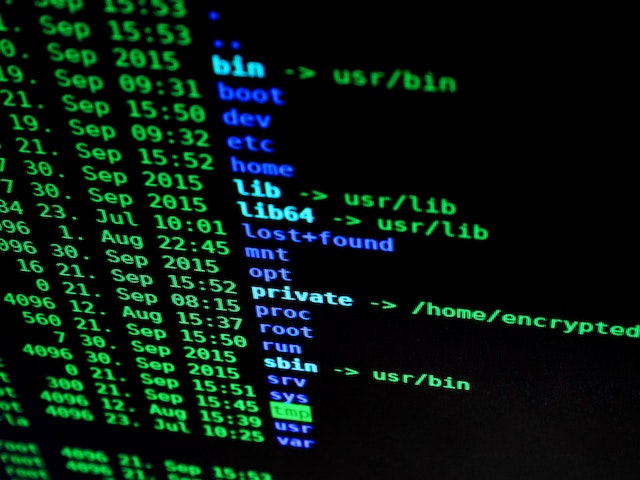Security breaches and data theft are becoming the new normal in this tech-driven world, and businesses have never been more at risk than they are today. As more businesses diversify their resources and go digital, the need to enhance cybersecurity has never been greater. Stores of hackers breaking into data banks to steal information or accessing customer accounts is one risk your business should take seriously because yours may be targeted when you least expect it.

Use Two Factor Authentication
Many tech experts are always quick to point out the risks of two-factor authentication, and while they have a point, it is a risk worth taking to protect sensitive information and platforms. If you preserve your resources or architecture with two-factor codes, it will be difficult for hackers to break in. Broad 2FA expands the security architecture and limits access to unauthorized persons by nearly 100%. The number of fraudulent break-ins continues to rise yearly. Don’t let your business fall victim to online hackers.
Protect Personal Accounts
Fit businesses to enhance technology must protect staff’s personal and business accounts.
Personal accounts on social media are becoming increasing targets for hackers with malicious intentions, so be wary. These days, if hackers can access business accounts, they can source information by targeting the social media accounts of managers and other staff who hold sensitive information in the organization. Companies should implement thorough screening and security measures for personal emails, devices, social media accounts, home networks, and more. Cybersecurity measures shouldn’t be limited to business assets alone but private ones.
Conduct Target Scan
Companies must use the services of intelligence agencies to target the dark web. Conducting target scans to track patterns of criminal activity is a proactive approach, as you can use that information to beef up your security architecture. 7tech is a managed security service provider with the resources to help with monitoring and scan targeting. The data generated will provide your business with feedback on how to improve the risk preparedness profile of your business.
Security Training
Cybersecurity training should not be limited to members of the cybersecurity team but all staff members. Today, hybrid workplaces are becoming the norm, and there is often cross-fertilization of information, so training employees is vital for security. Training on how to spot phishing, email hacks, and how to create foolproof passwords is critical. If employees are better informed, they can protect the organization and themselves from online criminals.
Inbuilt Security Devices
These days, companies are turning to devices with security software built into them as a precaution. This should be another option for businesses looking to secure their assets. Ditching old devices for models with built-in security hardware will protect sensitive information should the device fall into the wrong hands.
Real World Data Framework
Security experts data frameworks to evaluate the tactics deployed by hackers to steal information and businesses should use it too. The house is available for free online and is developed with real-world data. With this Framework, decision-makers and members of your security team will be in a better position to understand how the dark web works and actions to take to prevent attacks from external forces.
Use CASB
Last but not least is the need to use cloud-based platforms to hide sensitive data. With a cloud access security broker, your business can improve its security posture in innumerable ways. You can hire an expert to build a cloud platform using proprietary software to insulate your organization from malware attacks.
Conclusion
The tips espoused in this article can go a long way to help your business enhance cybersecurity, but it is advisable to take a top-down approach when designing a cybersecurity policy. Furthermore, staff should be advised not to share too much information on Social media even if they don’t consider such information sensitive. Discussing plans and expectations on social media may attract hackers who will fish for vulnerabilities. Only basic information should be shared and nothing more. Lastly, employees should be trained to protect themselves to spot fictitious activities and to report them immediately.
